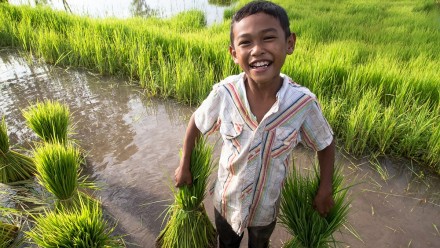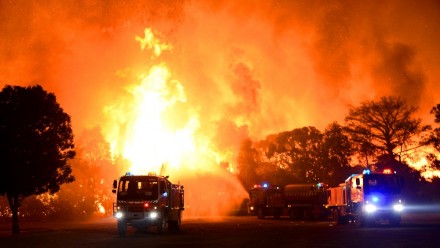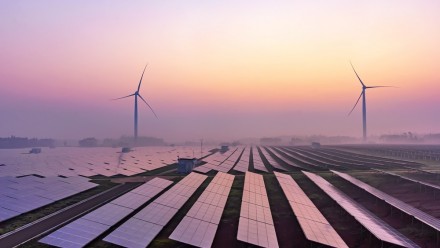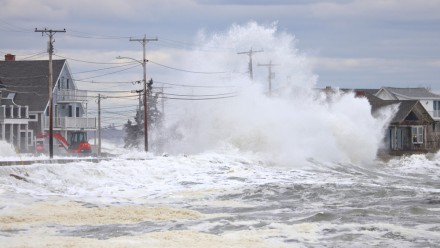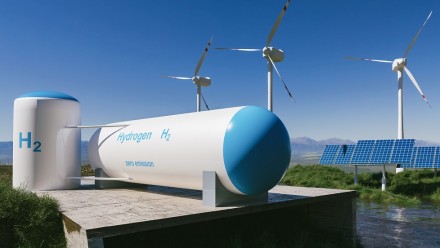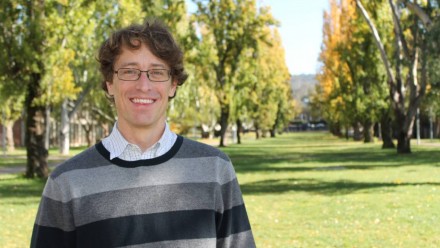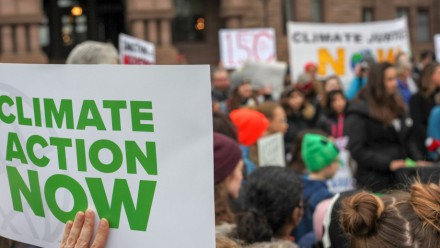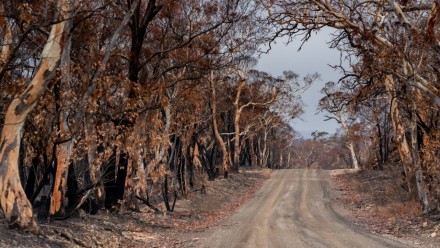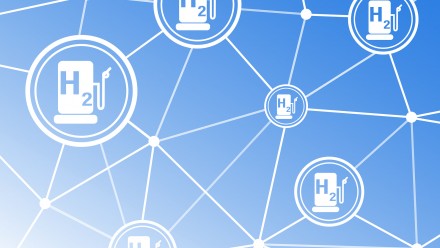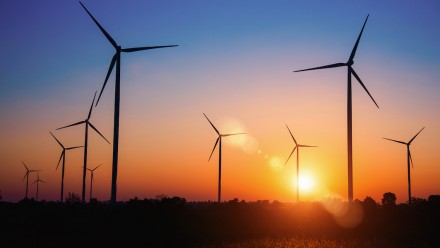ANU Climate, Energy & Disaster Solutions Highlights 2021
Advancing solutions to climate change, the energy transition and disasters
2021 was a year of many milestones. Extreme weather events exacerbated by climate change have caught governments off-guard and caused devastation and loss of life around the world. July was the world’s hottest month on record, the Arctic recorded its highest ever temperature at 38 degrees Celsius, Australia experienced its wettest November, while New Zealand recorded its warmest.
Other milestones have carried a more positive tone, signalling emerging opportunities. Global clean energy generation reached another record high. For the second time, the entire United Kingdom ran for over 18 days on zero-carbon energy. In Europe, electric and hybrid vehicles outsold diesel vehicles, and on multiple times this year South Australian electricity demand was completely met by renewable sources.
It is against this backdrop that the Australian National University’s Institute for Climate, Energy and Disaster Solutions (ICEDS) was launched in January. Consolidating the former Climate Change, Energy Change and Disaster Risk Science Institutes, ICEDS was established to support and harness the depth of expertise of ANU researchers working in these fields. Facilitating collaboration across disciplines, we provide a framework under which solutions to the inter-linked challenges of climate change, the energy transition and disasters can be holistically approached, and resulting opportunities maximised.
Read moreBuilding a community of climate, energy & disaster solutions researchers

Research Clusters
ANU research on climate, energy and disaster solutions covers earth sciences, land, water, food, energy and biodiversity nexus, net zero technologies and associated policies, health and security, policy, economics, law and governance and culture and society.
In 2021, ICEDS engaged members to support collaboration through research clusters, building communities of practice across these research areas.


ICEDS Members’ Meeting
On Tuesday 22 June, the Institute held its first face-face members’ meeting. We were delighted to be able to facilitate this face-to-face gathering of the ICEDS network, and platform for further network building between climate, energy and disaster-risk researchers across the University. Thank you to all of our members who were able to participate, and also to ANU Vice-Chancellor, Professor Brian Schmidt, for sharing his thoughts on the role of ANU at this critical juncture.

ICEDS Member Profile: Dr Sarah Milne
From mechanical engineering to political ecology. It might seem like a leap for some, but for Dr Sarah Milne from the Crawford School of Public Policy, it was a natural progression.
Before joining the Australian National University (ANU) as a Lecturer in 2016, Sarah spent over a decade working on forest conservation and community-based natural resource management. Most of her fieldwork was conducted with international environmental NGOs in Cambodia, where human needs and natural resources are deeply intertwined.
As a part of this work, Sarah was involved in implementing and researching forest carbon projects. In 2021, she applied this experience in her work on the ANU Below Zero initiative, looking at the best ways to offset the University’s residual emissions.
Sarah hopes her work on the Below Zero Initiative will lead to articulating best practice in carbon removal, for both practical and scholarly purposes.
Policy Submissions Workshop – How To Maximise Impact
Held in November, this workshop was designed specifically to help ANU researchers develop policy submissions covering climate change, energy transition and disasters. With speakers from the Federal Government and ANU, the workshop provided an opportunity for researchers to learn from experts how to develop and improve their skills.
Research highlights
The below articles represent just a small sample of the research undertaken by ICEDS members in 2021, demonstrating the breadth of ANU research in climate change, energy and disaster-risk.
1 Feb 2022
Released in December, this book is a comprehensive manual for policy-makers addressing the issues around human-caused climate change.
7 Jan 2022
The Resilience Initiative for Food and Agriculture (RIFA) brings together interdisciplinary agri-food expertise from Australia and the Asia-Pacific to deliver...
7 Jan 2022
New research is investigating innovative options to combat and prevent catastrophic bushfires using drones.
7 Jan 2022
With a list of annual achievements that includes securing more than $10 million in funding and setting a world record, it’s fair to say that 2021 was a good...
7 Jan 2022
Research led by Professor Robert Costanza has shown that coastal wetlands are both a successful and cost-effective method of preventing storm damages.
18 Nov 2021
Australia's plans to produce hydrogen using fossil fuels carries significant risks and could create an industry that leads to an increase in GHG emissions...
15 Nov 2021
Australians will be better protected against the health impacts of climate change, thanks to a new national research network led by ANU, with partners from...
2 Jul 2021
ANU researchers are at the core of a national program to transition Australia's industrial sector to producing steel and other heavy metals via zero net...
25 Mar 2021
The vast majority of Australian voters support climate action, but their degree of support varies significantly across political divides, a new study shows.
Education highlights

Studying climate, energy and disaster-related issues at ANU
The University offers a diverse range of programs and courses specialising in climate, energy and disaster-risk related fields that continue to produce graduates who are ready to tackle some of the most important and complex challenges facing our world.
7 Jan 2022
After completing a bachelor degree in Energy and Power Engineering, Jiaxi Ding was keen to continue her energy studies from a broader perspective.
7 Jan 2022
With several years’ experience working for environmental and sustainable development NGO’s in her native Vietnam, Quynh Trinh is very aware of her home country...
1 Sep 2021
New Game Change Scholarship empowers students to work on urgent solutions to climate change and its impacts.
Executive education

In 2021, ICEDS ran multiple short courses, providing professionals with insights into and context around the latest developments climate change and energy.
We look forward to continuing the growth of these courses 2022, including the addition of disaster solutions related short course offerings.
What people said
I have been recommending the course to everyone with an interest in climate change where it may interact with their profession.
This course was incredibly well organised, with well prepared and engaging speakers with activities and discussions to allow for ample interaction.
This is my first external development course in the professional sphere, it has set a very high standard and has made me want to engage more with the climate change mitigation and adaptation space.

Educating professionals across Australia, Asia and the Pacific
In 2021, ICEDS also ran a series of short courses targeting professionals employed in government, NGOs and the private sector both in Australia, and Asia-Pacific countries. Funded by DFAT, the courses focussed on Climate Adaptation and Grid Integration, fostering improved understanding of the nature of climate change and the energy transition.
What people said
Smoothly managed, conducted in a respectful manner and full of wisdom. I applaud both the lecturers during this program and thank DFAT for their generosity in hosting us, Pacific participants. THANK YOU!
As an implementer in power and energy industry, most of my experience in large scale projects were limited to thermal power plant development. The course has given me insights of renewable power integration and was an eye opener.
ANU Below Zero
The ANU Below Zero Initiative aims to transition ANU to below zero emissions by 2030 for energy, waste, work travel and direct on-campus greenhouse gas emissions. Our approach integrates practical emission-reductions with research and teaching activities at ANU, using our expertise to drive innovation in this vital sector.
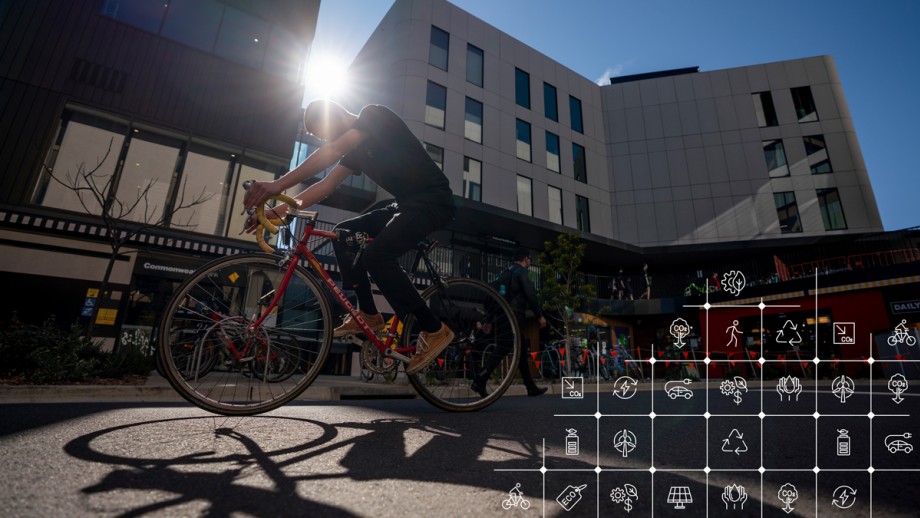
Working towards a below zero emissions target
Transformational change is required to limit climate change to 1.5°C above pre-industrial levels, including rapid reductions in greenhouse gas (GHGs) emissions and the implementation of technologies that remove and sequester GHGs from the atmosphere.
All other indirect emissions arising from procurement of goods and services and commuter travel: ANU will work to reduce these emissions as rapidly as possible, based on international best practices for scope 3 emissions reduction for the university sector.
2021 has seen the ANU Below Zero Initiative focus on capacity building and strategic planning.

Getting involved - ANU student intern helps develops guidelines to reduce emissions from events
Simon Bourke is a third year Bachelor of Commerce student (majoring in Marketing and Corporate Sustainability). In Semester 2 2021, Simon completed a for-credit internship with ANU Below Zero.
The focus of the guidelines is to provide practical advice that helps avoid high emissions activities, thereby reducing the amount of emissions produced by an event.
Events
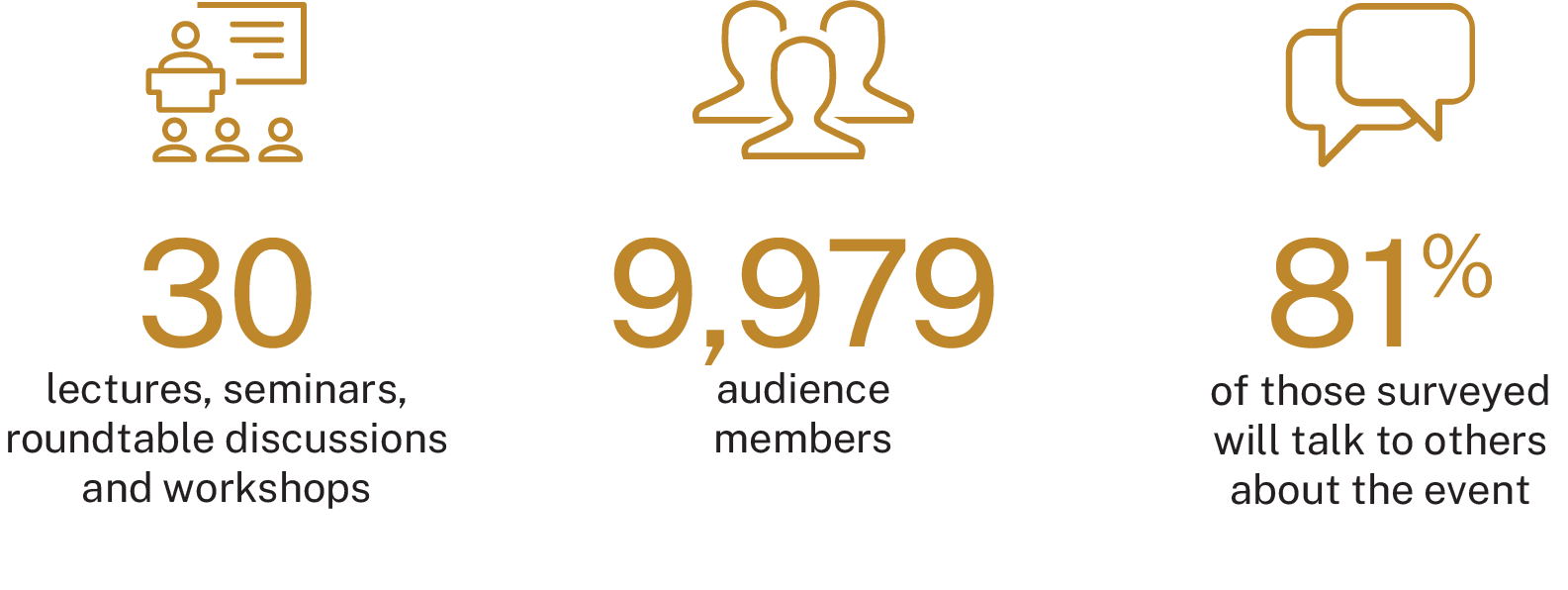
ICEDS ran an extensive events program in 2021, engaging audiences with a wide variety of events across in-person, online and hybrid formats. Here are a few examples of these events.
From 20 May to 18 June 2021, ICEDS facilitated a series of targeted online workshops to discuss how government, industry and society can go about the challenge...
A panel of energy researchers and industry representatives give their perspectives on the prospects for renewable hydrogen.
What role will the energy sector play in the journey to net zero emissions? the 2021 Energy Update explores this question, as well as recent developments in...
The University's flagship climate event. Experts discuss how our climate is changing and how we can respond to these changes.
Climate, energy, and health specialists from Australia and North America discuss the North American heatwave.
Leading Australian climate scientists discuss the main findings of the latest report from the IPCC, and answer questions such as what does the report tell us...
Public policy engagement and outreach
ICEDS prioritises strong networks and relationships. Over the past 12 months, ICEDS Executive, staff and members have been engaged in various elements of public policy development, engagement and outreach. This includes numerous briefing sessions with governments at all levels, the public service, business, civil society organisations, diplomats and international organisations, across advisory roles, workshops and presentations, to name a few.
This engagement ensures ANU and our research is positioned in a way that enables us to respond to the priorities and needs of governments, industry and communities, both Australia and abroad.
Below are just a few examples of this activity in 2021.
Making the findings of the Intergovernmental Panel on Climate Change (IPCC) accessible to Pacific decision-makers
Island nations and territories across the Pacific are increasingly vulnerable to the growing impacts of climate change. However, the most recent and comprehensive global synthesis of climate change information, the IPCC’s Report on the Physical Science, is extremely technical and contains information that is of less direct relevance to the Pacific.
ICEDS has been working on a project to help make the IPCC’s findings more readily accessible to Pacific audience and close a knowledge gap in the Pacific.
“Enhancing awareness and understanding of IPCC reports – and climate change more broadly – amongst key stakeholders in the Pacific is critical to ensuring effective action is taken in the region to mitigate and adapt to climate change impacts,” said ICEDS Director, Professor Mark Howden.
In collaboration with Pacific partner organisations, a variety of communications products were developed, targeted primarily at Pacific decision makers. These included factsheets, events, articles, podcasts, video and social media.


Engaging with Australia’s emergency service agencies
ANU researchers were well represented at the country’s foremost emergency management and disaster policy forum, the 2021 Australasian Fire and Emergency Authorities Council (AFAC) conference, held virtually for the first time in October and attracting nearly 3000 participants.
Dr Marta Yebra presented on the ANU Bushfire Initiative, while Emeritus Professor Steve Dovers and Fenner School PhD graduate Dr Nadeem Samnakay presented a paper analysing the strength of Australia’s disaster policies and the threat of populistic politics to coherent policy.
Dr Michael Eburn explored legal and social expectations versus realities in his presentation, and Fenner School PhD alumni Dr Susan Hunt and Dr Adam Leavesley delivered papers on, respectively, local government efforts to build community resilience, and the impact of fuel management in the ACT 2020 bushfires.
The conference was a great platform to profile ANU research and continue to strengthen relationships with research users including emergency services agencies.
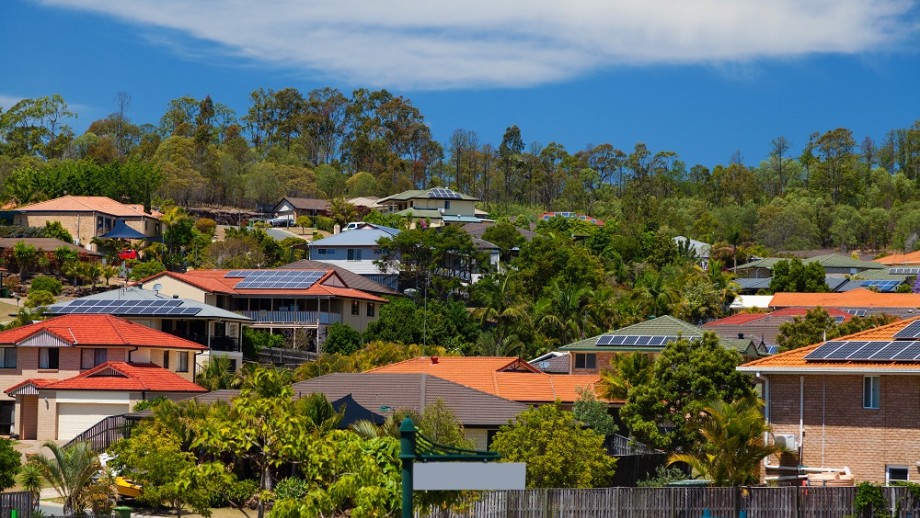
ANU collaboration working to integrate distributed energy generation and storage into the Australian grid
Australia is leading the world in rooftop solar per capita with one in four homes across the country having adopted residential photovoltaics (PV). As a consequence, we are also on track to have the most decentralised electricity network in the world in coming years. This rapid uptake of solar PV, as well as a range of other renewable energy technologies, referred to as Distributed energy resources, requires a nation-wide approach to the development of technical standards to ensure that these technologies can be integrated into the energy system for the benefit of all energy users.
A team at the ANU Battery Storage and Grid Integration Program (BSGIP), led by Professor Lachlan Blackhall, are working on a joint initiative to support this integration and support the energy transition in Australia.
In particular, technical standards and common protocols are required to harness the ability of these new DER technologies to integrate with network and market systems, to ensure a reliable, secure and resilient energy supply. In August, DEIP facilitated the release of The Common Smart Inverter Profile (CSIP) – Australia - an implementation guide that enables technology systems, devices and software to “talk to each other”.
CSIP is one of the key enablers for supporting the reforms outlined in the Energy Security Board’s Post 2025 Market Design Final Advice to Ministers.

Reducing carbon emissions not enough, expert warns
“We are now beyond the point of simply needing to reduce carbon emissions to prevent catastrophic climate change, according to a leading scientist from The Australian National University (ANU). ”
Professor Nerilie Abram is the only Australian-based member of a new international scientific body, the Climate Crisis Advisory Group (CCAG).
In the Media


Australia's first satellite that can help detect bushfires within one minute of ignition set for launch
Imagine a system that could detect any bushfire in Australia within minutes of ignition so firefighters could tackle the blaze before it spreads.

Not drowning, fighting
Have reporters’ cliches got in the way of understanding how Pacific islanders are dealing with climate change? Featuring Associate Professor Katerina Teiwa.

From climate change to COVID, Gen Z's premature mid-life crisis could be a tale of hope and resilience
Is this a more resilient, shock-proof generation? Authored by Intifar Chowdhury.
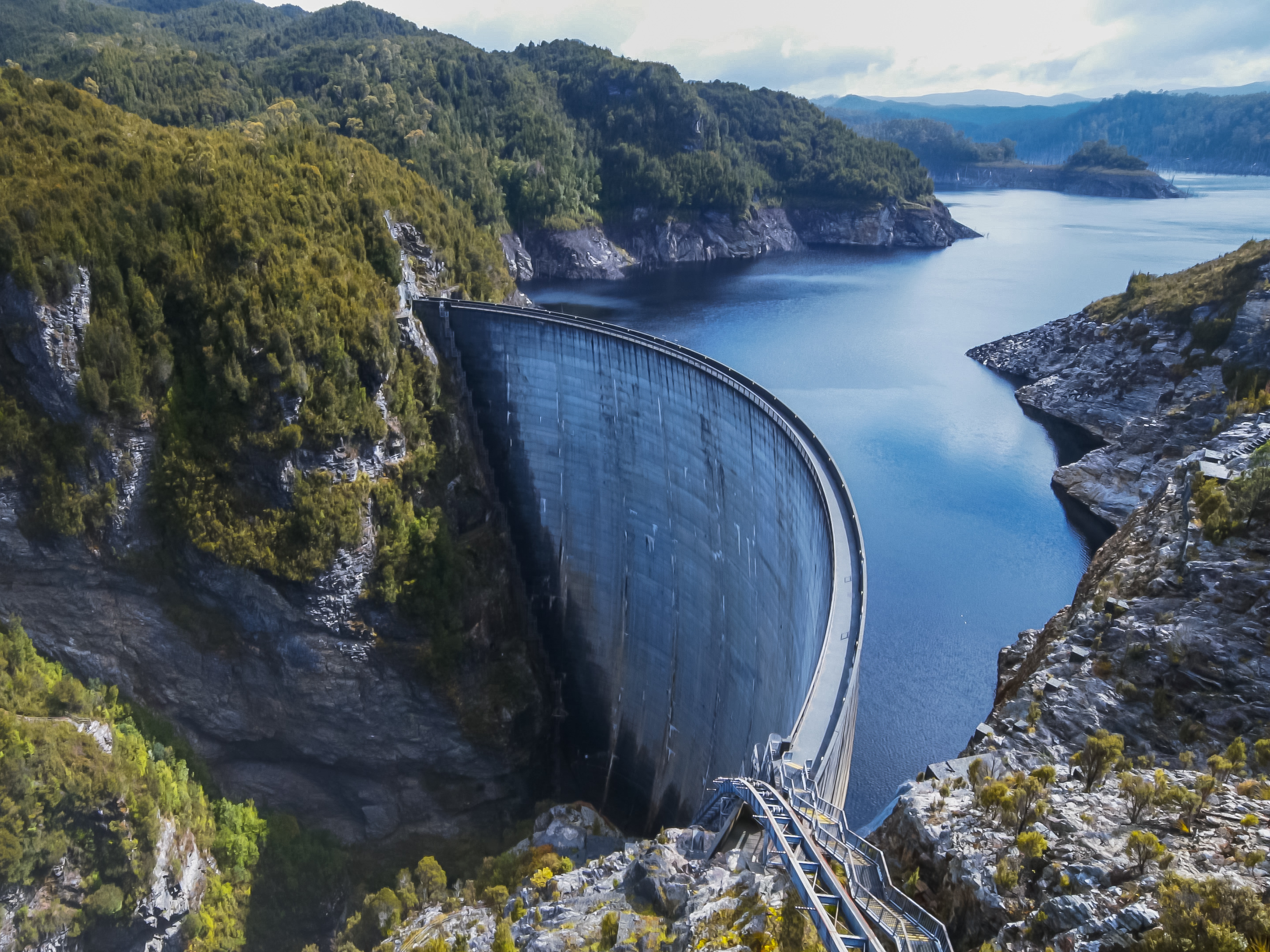
NSW government’s assessment of raising Warragamba dam wall ‘totally inadequate’, critics say
The environmental impact statement has ‘massively underestimated’ effects on wildlife, advocates say. Featuring Professor Jamie Pittock.

Did we underestimate the health effects of the Black Summer bushfires?
Study reveals the physical and mental impacts of bushfire smoke.
Featuring Professor Iain Walker.
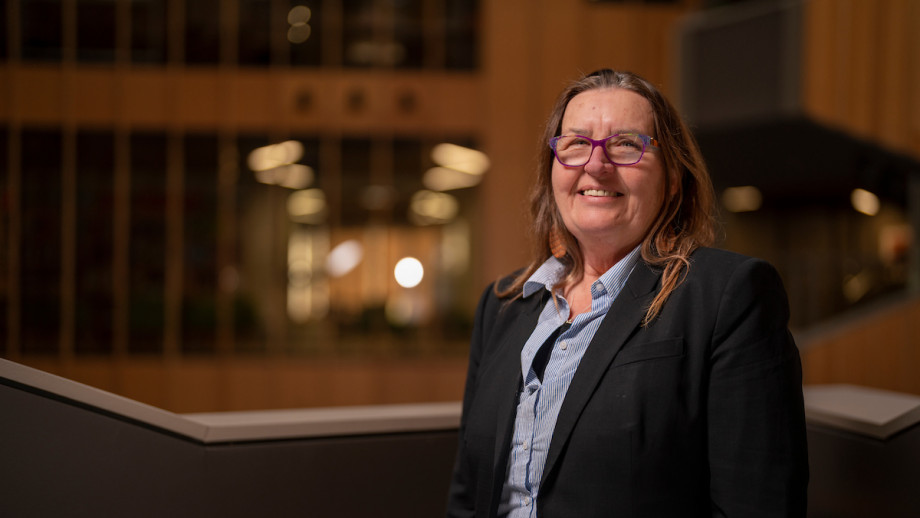
United Nations COP26 Climate Summit
ANU Media commentary on COP26 generated over 500 media items across print, online and radio. These items reached a total potential audience of up to 27 million people.
ANU Media distributed a release with comments from ANU Experts attending COP26, namely Dr Siobhan McDonnell, Dr Ian Fry and Salā Dr George Carter and Dr Virginia Marshall. The article calls for a greater focus at COP26, on the issues facing Pacific nations.
A number of ICEDS members also contributed their comments to the ANU Experts list on COP26, speaking to matters relating to the conference. The extensive commentary shows the depth of expertise in climate, energy and disaster research at ANU.
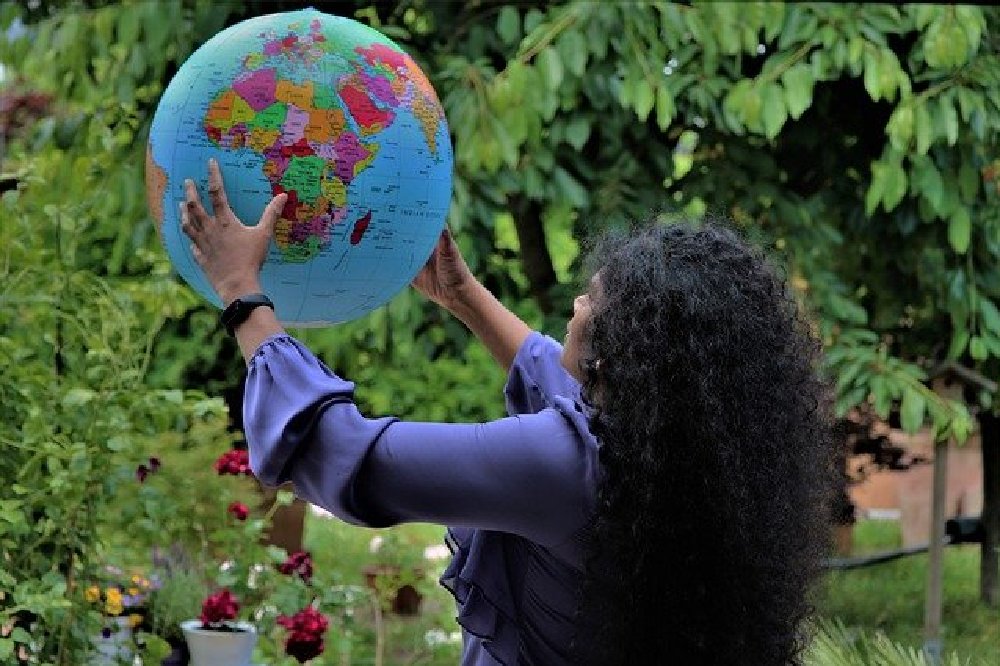
We need more female leaders in the fight against climate change
Diverse participation leads to more robust solutions.
Authored by Dr Maria Tanyag.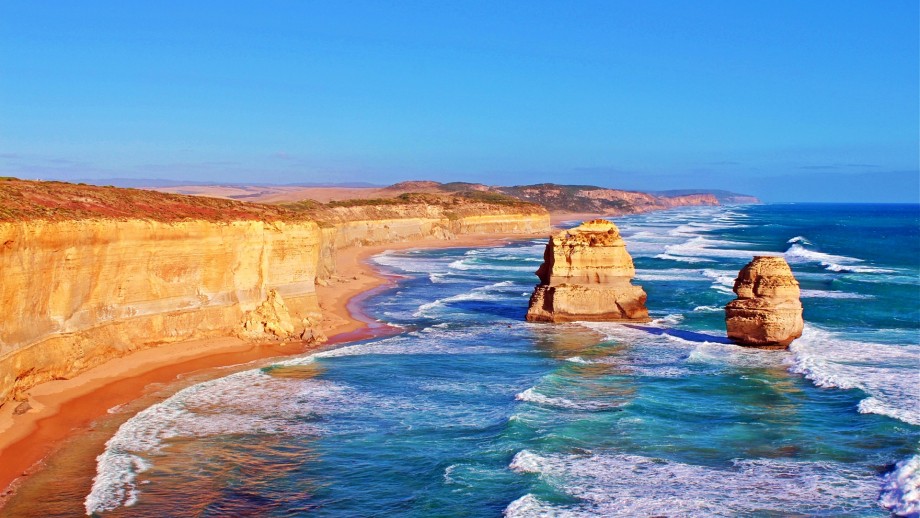
Could the World’s Largest Green Energy Hub Redefine How Companies Work With Indigenous People?
For the world to reach net zero emissions, huge fields of solar panels and towering wind turbines will need to cover vast tracts of the Earth. In much of the world, that means building in places where Indigenous people live and have rights to the land.
Connect with the ANU Institute for Climate, Energy and Disaster Solutions
If you’d like to get involved in ANU climate change activities, email ICEDS@anu.edu.au to subscribe to our regular e-newsletter and follow us on social media.









